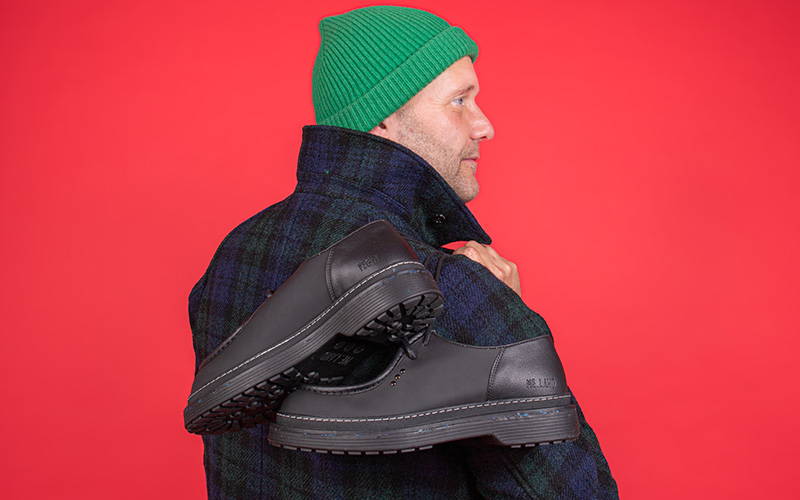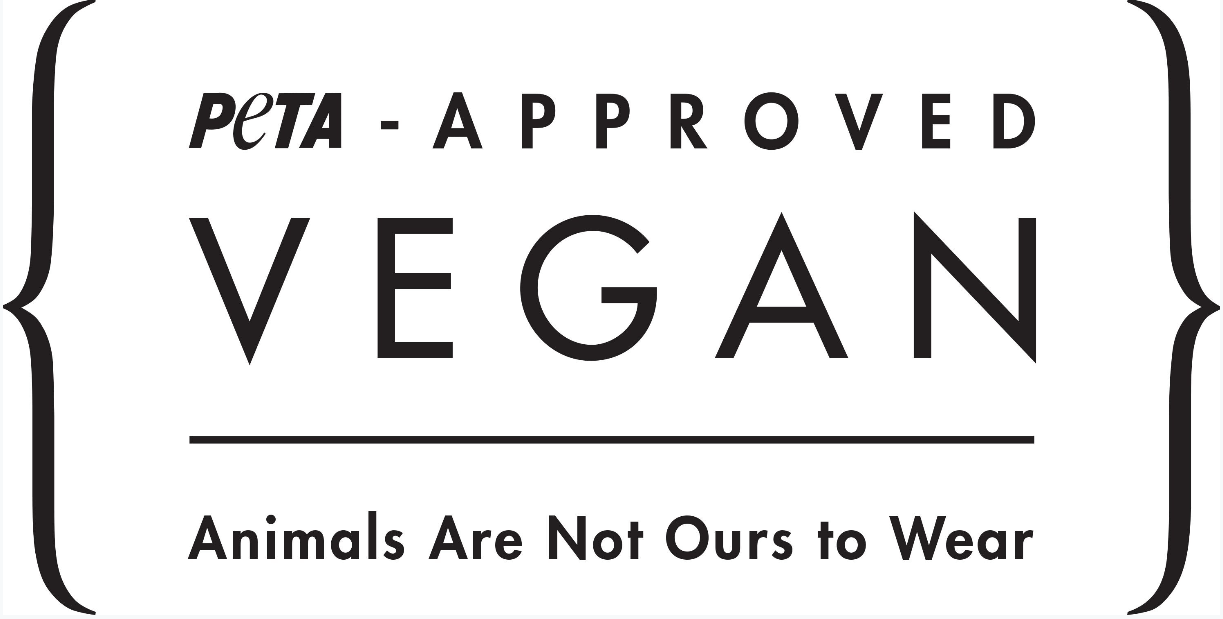What is Vegan Leather?

Our consumption habits are evolving. People are eating less meat to reduce their carbon footprint and improve health, which in turn means fewer animal hides are available for traditional leather production. This scarcity and rising cost have prompted the development of alternatives to animal leather, and this is great news for the planet.
As these textile innovations emerge, the fashion industry — always eager for alternatives — is evolving too, expanding consumer choices. Increasingly, consumers are seeking animal-free leather alternatives for ethical, ecological, or curiosity-driven reasons. Among these, vegan leather is becoming a major player.
But what exactly is vegan leather? How is it made? Is it plant-based? What are its benefits, limitations, and environmental impact? This guide will answer these questions, covering synthetic, plant-based, and natural vegan leathers, their applications in responsible fashion, and sustainability considerations.

What is Vegan Leather?
Vegan leather is an alternative material designed to replicate the look, texture, and sometimes the durability of traditional leather — but without using animal products.
Unlike animal hides, vegan leather is made from eco-friendly, bio-based, or synthetic materials, all free from animal ingredients. It can be found in Ethical handbags, Vegan footwear, Clothing, Furniture, Automotive interiors.
The goal is twofold:
1. Offer a cruelty-free, animal-friendly material.
2. Provide a sustainable fashion solution, aligned with ethical consumption and responsible production.
How is Vegan Leather Made?
1. Synthetic Materials
Early vegan leathers were made from PVC or PU. These materials remain popular due to affordability, modern aesthetics, and durability.
Pros: Affordable and easy to produce, durable and versatile
Cons: Petroleum-based, with a significant environmental impact
To reduce this impact, some manufacturers now use recycled plastics, including marine plastic waste, as promoted by initiatives like SEAQUAL. While this doesn’t make the material plant-based, it contributes positively to the environment.

2. Natural and Bio-Based Materials
Textile innovation has enabled vegan leather made from natural or cellulose-based materials, often using agricultural by-products:
• Apple Leather (Apple Skin): from apple juice industry waste and algae
• Pineapple Leather (Piñatex): made from pineapple leaf fibers, breathable and durable
• Grape Leather: uses winemaking by-products
• Cactus Leather: from nopal cactus leaves, requires little water
• Mushroom Leather (Mycelium): emerging via biofabrication techniques
These materials align with circular economy principles, repurposing waste or renewable resources.
3. Assembly Process
Vegan leather often combines:
• A textile base (cotton or recycled polyester)
• A top layer of bio-based or synthetic material
• A surface treatment to improve flexibility, quality, and durability
Differences Between Vegan Leather, Plant-Based Leather, Faux Leather, and Traditional Leather
• Traditional Leather: animal hide tanned (80% chrome-tanned, 10–15% vegetable-tanned)
• Faux Leather / Synthetic Leather: PVC or PU imitation; recycled plastics are also used
• Plant-Based Leather: vegetable-tanned animal leather — still derived from animals
• Vegan Leather: encompasses all animal-free alternatives, synthetic or natural
Legally, vegan leather is not leather (which refers exclusively to animal hide), but a textile alternative or non-animal product.
Advantages and Disadvantages of Vegan Leather
Advantages of vegan leather
• Ethical: cruelty-free, respects animal welfare
• Textile innovation: wide variety of natural and bio-based materials
• Environmental benefits: uses agricultural waste, reduces reliance on animal hides
• Modern aesthetics: variety of colors, textures, and finishes
• Affordability: often cheaper than animal leather
Disadvantages of vegan leather
• Durability: some materials wear faster than animal leather
• Material quality: varies by brand and production process
• Environmental impact: petroleum-based synthetics are not eco-friendly
• Recyclability: some materials are difficult to recycle

Is Vegan Leather Eco-Friendly?
The answer depends on the type of vegan leather we talk about:
• Synthetic (PU, PVC): significant environmental footprint, often relying on virgin plastics
• Bio-Based (apple, pineapple, grape, cactus, mushroom): more environmentally friendly, sustainable, and durable
Note: many bio-based leathers still contain some synthetic resin for durability; transparency about composition is key
Does Vegan Leather Age Well?
The answer depends on the type of vegan leather we talk about:
• Synthetic (PU, PVC): significant environmental footprint, often relying on virgin plastics
• Bio-Based (apple, pineapple, grape, cactus, mushroom): more environmentally friendly, sustainable, and durable
Note: many bio-based leathers still contain some synthetic resin for durability; transparency about composition is key

Greenwashing in Vegan Leather
Some brands use terms like “vegan” or “plant-based” to market synthetic products as eco-friendly. Consumers should check:
• Material composition
• Brand transparency
• Raw material origin
• Recyclability and environmental impact
Why Choose Vegan Leather?
Adopting vegan leather supports ethical and sustainable fashion, offering:
• Reduced carbon footprint
• Support for eco-friendly textile innovation
• Animal-friendly alternatives
However, some products rely heavily on synthetic materials and may not be fully eco-friendly. Many brands now offer stylish, vegan, and sustainable footwear, bags, and clothing.
Design should meets Ethics 🌿
Vegan leather represents a balance of design and ethics, combining innovation, sustainability, circular economy, and animal welfare.
Not all vegan leathers are equal — some are greenwashed, while others are genuine advances in cellulose-based materials and biofabrication techniques. The best choice for consumers prioritizes material transparency, quality, and alignment with ethical values.
Vegan leather is a promising alternative that continues to evolve with innovative, environmentally-conscious, and stylish solutions.
FREE SHIPPING
Free shipping all over France and Europe
from 80 €
EASY CONTACT
Contact us by email
WE PLAY LOCAL
Designed in Paris, manufactured in Italy or Portugal, available worldwide
SECURED PAYMENT
Visa, Master Card, Paypal ...




